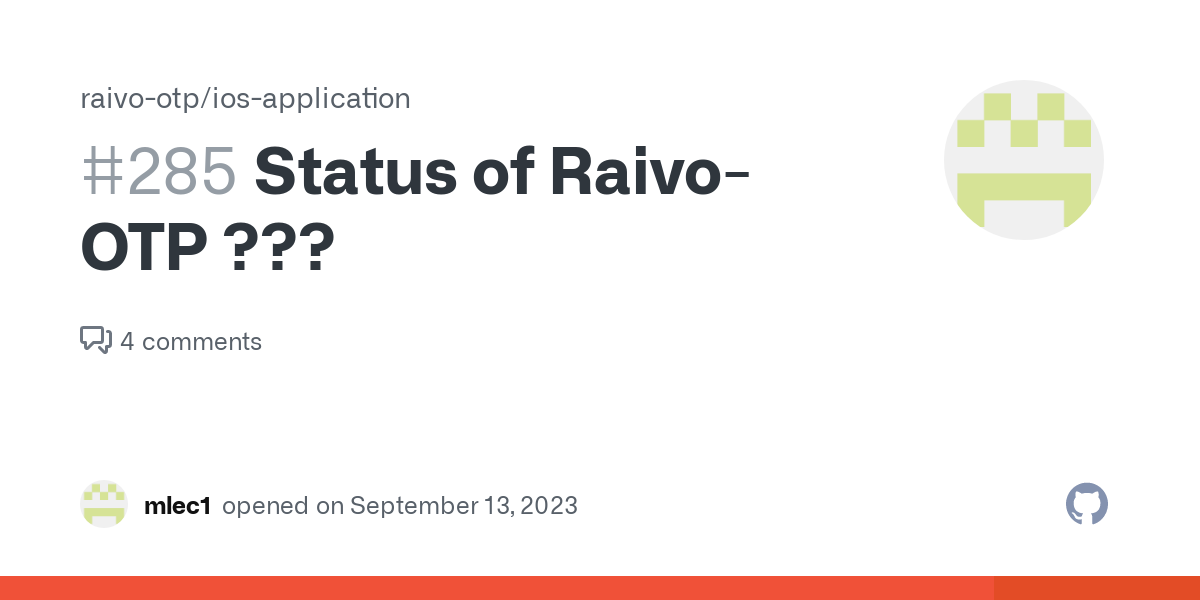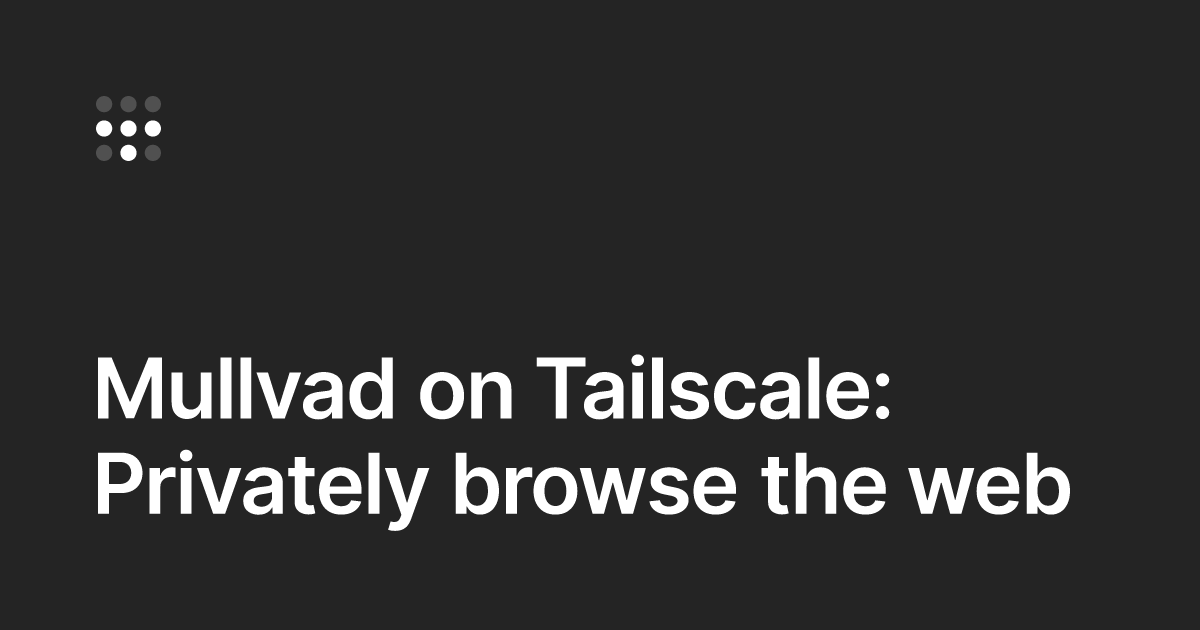- 16 Posts
- 13 Comments

 21·2 months ago
21·2 months agoRemoved by mod

 11·5 months ago
11·5 months agoWow this is such a clean and snappy Lemmy client, may become my new daily driver!
The “For You” feed looks like it has a similar focus as the one I have on Agora, which is a webapp for following people across the “extended Fediverse” as I call it (Mastodon, Bluesky, Threads, Nostr).
The For You feed on Agora utilizes a fork of the open source FediAlgo library to create a feed that combines interesting posts from people you follow, as well as friends of friends, and it learns your preferences based on whose content you like/boost.
Agora: https://agorasocial.app
Source code: https://github.com/ghobs91/agora

 1·6 months ago
1·6 months agomovie-web always seemed like such a sitting duck for takedowns like this. Any form of piracy that’s grabbing from a few centralized streaming servers is bound to be shut down.
P2P torrents over a VPN is the most resilient way to do piracy.

 4·9 months ago
4·9 months agoThere’s a web app in addition to the electron desktop apps, you can find an example here: https://feishin.vercel.app/

 24·9 months ago
24·9 months agoIf you want to follow Twitter accounts from Mastodon, there’s a bridge called Bird.Makeup that still works and is working on a workaround to this issue.
I’m working on a Mastodon client called Agora that integrates this bridge into the search, so that if you search for “elonmusk@twitter.com” it automatically loads the bridged Mastodon version of the profile: https://agorasocial.app/#/andrew.masto.host/a/111844567849084915

 10·9 months ago
10·9 months agoI don’t see how that’s accurate if it’s jointly owned by its employees.

 292·9 months ago
292·9 months agoJack Dorsey doesn’t “own” Blusky, he just gave them grant money in the beginning to kick things off, and is one of the board members.
“Prior to the seed round, Bluesky’s website described the company as a Public Benefit LLC owned by CEO Jay Graber and other Bluesky employees. Post-seed round, the company describes itself as a public-benefit C Corp.”
https://en.wikipedia.org/wiki/Bluesky_(social_network)#Company_history

 4·10 months ago
4·10 months agoI’m working on a client/app called Agora that integrates bridges like bridgy-fed so that you don’t have to think about those quirks, you just search something like “aoc.bsky.social” on it while logged in to a Mastodon account, it’ll automatically pull up the bridged version of the account for you to follow.

 2·10 months ago
2·10 months agoWhich search indexers are you using in radarr/sonarr?
DHT allows discovery of torrents by pinging the IP addresses from an existing torrent, and asking them what other files they’re sharing. It then pings the other IP addresses seeding those files, and asks them what they’re sharing, and so on.
You can either use a torrent search index site (many of them use DHT to create their database) or you can self host your own DHT crawler and have your own personal torrent search index, but the downside is it uses a decent amount of space to store the index.
BitMagnet is the best self hosted DHT indexer if you’re interested: https://github.com/bitmagnet-io/bitmagnet

 1111·10 months ago
1111·10 months agoNow that DHT makes trackers unnecessary in order to find torrents, what’s the point of private trackers other than gatekeeping?

 3·1 year ago
3·1 year agoThey’re a publisher whose content is hosted on their own streaming service. It’s classic vertical integration.
I think the current model is better actually, because then the streaming services have to compete with each other on content, user experience, and price.
This way, you only need to subscribe to the streaming services that have the shows you’re currently watching, and can cancel whenever you’re done with those shows, until the next one comes along.
If a streaming service bundles multiple studios shows together, then you’re paying for a ton of content you may not even care about, just like how cable is.
At the end of the day, unless someone is watching hours and hours of tv a day, it’s unlikely they need to simultaneously subscribe to 7 streaming services.

 52·1 year ago
52·1 year agoisn’t about choosing the better product, but on which shows you have.
But you can argue that part of what makes a streaming service a good product, is the literal product they produce, their content.

 3·1 year ago
3·1 year agoAnna’s Archive just added an academic papers feature called SciDB: https://annas-archive.org/








Intel’s Foundry Services will still be part of Intel as a company, as opposed to AMD spinning their foundry off into a separate company called Global Foundries.